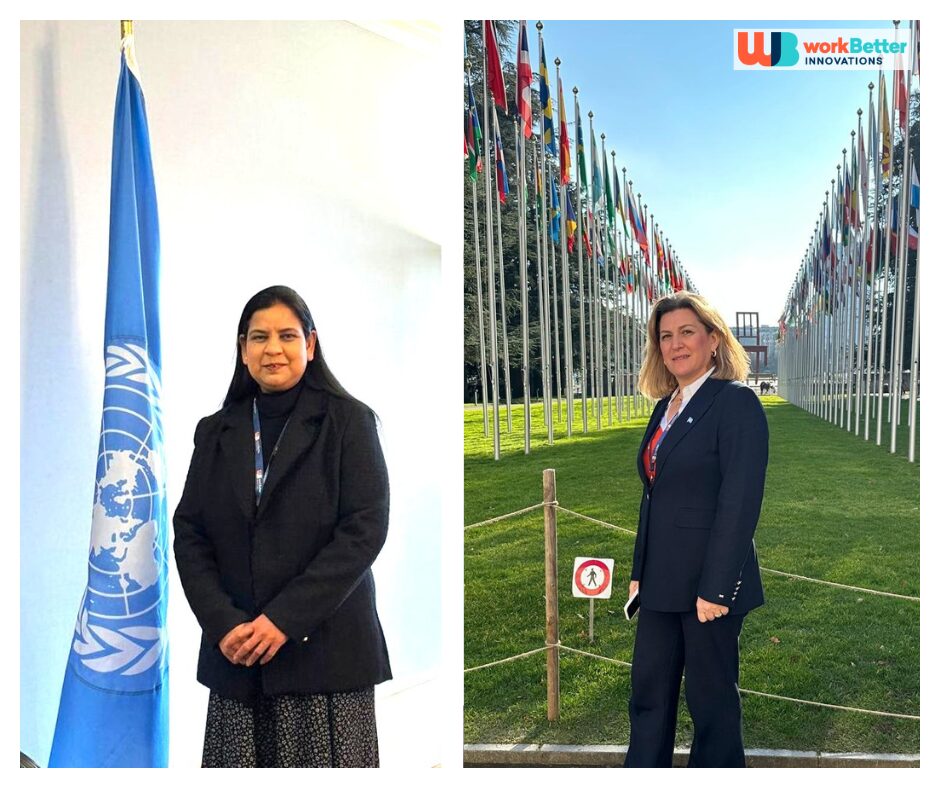10 May 2024. An academic paper by Dr Bonny Ling published in the Journal of Innovation in the Social Sciences highlights the nexus between business, human rights and protection for displaced individuals. She discusses how Taiwan’s next National Action Plan on Business and Human Rights (NAP) can address refugee protection in line with its human rights commitment.
Both Taiwan’s NAP and its National Human Rights Action Plan (NHRAP) are scheduled for revision at the end of 2024. Dr Ling’s paper points to the well-timed opportunity for Taiwan to examine the protection of displaced populations as a vulnerable group within the context of business and human rights.
Following the military coup that took place in Myanmar in February 2021, many Taiwanese enterprises stayed and continued to operate in the country. In last week’s blog, we address the growing vulnerability of Burmese migrant workers in Thailand.
Business enterprises have a responsibility to respect human rights, as per Pillar II of the United Nations Guiding Principles (UNGP) for Business and Human Rights.
When operating in high-risk areas, this business responsibility is especially important. UNGPs calls for businesses to go beyond the requirements of national law, in cases where there is a divergence between national and international standards, as Dr Ling emphasised.
In November 2022 reports emerged relating to a Myanmar factory owned by Pou Chen Group, Taiwan’s leading athletic and footwear supplier to global brands, which had not only dismissed striking workers but had also called in the military to suppress the strike.
To prevent businesses from inadvertently becoming complicit in displacement and fundamental labour rights violations such as forced labour, Dr Ling urges the Taiwanese government to raise the Human Rights Due Diligence bar higher in its next iteration of NAP.
“Finding ways for businesses to normalise the expectation of conducting robust HRDD, wherever they operate is part of a broader recognition that businesses and forced migration do intersect.” – Dr Bonny Ling
While the UNGPs do not set out the responsibility for enterprises to leave conflict areas, it expects businesses to identify, prevent, mitigate, and account for their adverse human rights impacts in any setting, including conflict-affected areas.
Read the full paper here, along with other contributions on the topical issues of displacement and refugee protection.






